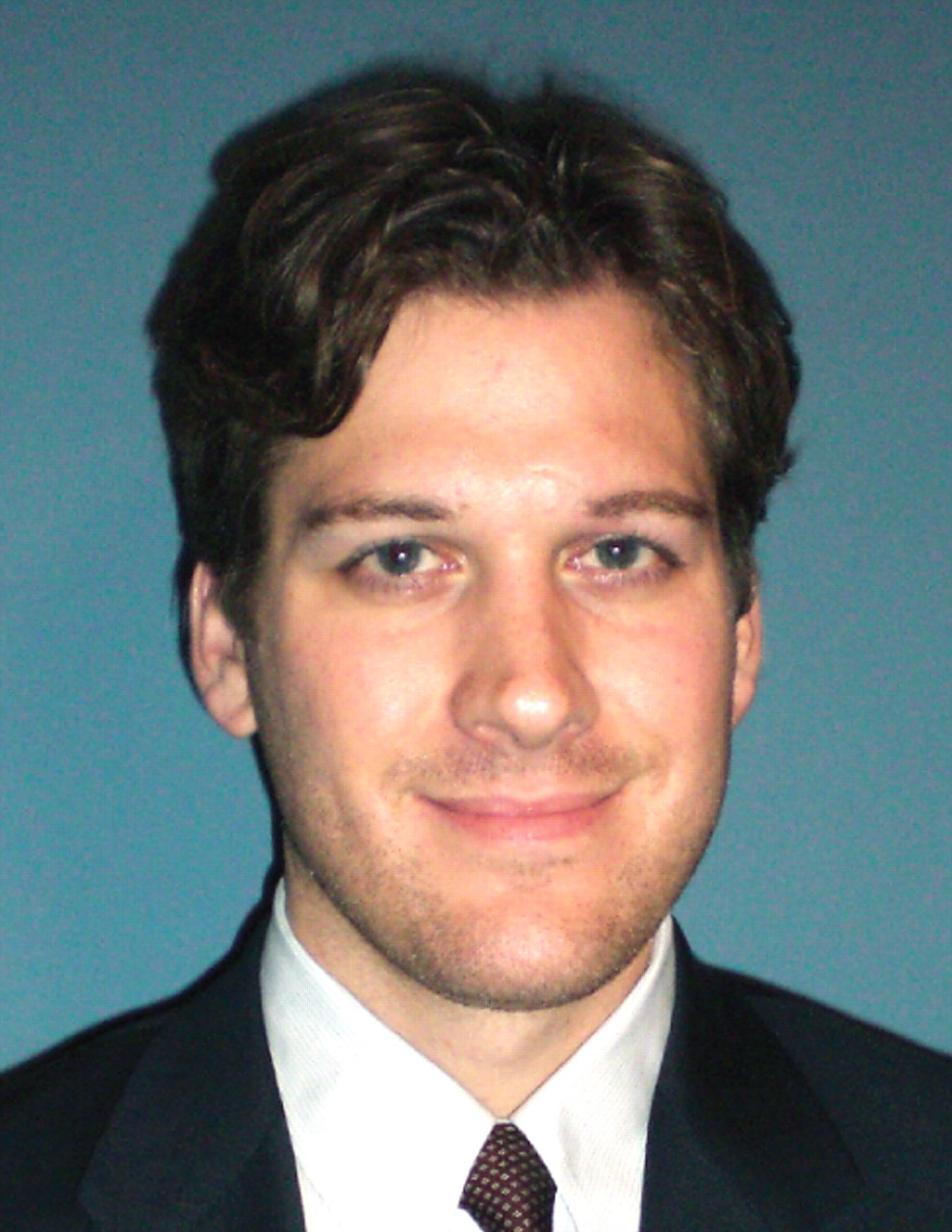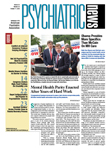NOLA stands for New Orleans, Louisiana. More to the point though, NOLA is my home. As you can imagine, Hurricane Katrina temporarily changed my sense of home by removing many familiarities and decimating the city. Fast-forward to this fall, and hurricanes Gustav and Ike have stirred up those memories and sense of instability from 2005.
At first reflection, the Katrina experience taught me that we, as humans, are vulnerable and that life is brief. Sounds pretty morbid, huh? Yet upon further introspection (while running around Audubon Park), I realized that Katrina didn't necessarily teach me this lesson, as much as being in residency did.
Residency has been a sobering and sometimes emotionally painful experience. I'd never witnessed such personal tragedies and inhumanity prior to my medical life. This is not specific to post-Katrina patients per se; I imagine that most psychiatry residents encounter similar experiences. Another uncomfortable aspect is the transition in roles from student to intern and intern to senior resident. Especially during the outpatient psychiatry year, my self-doubt and search for sure footing were anxiety provoking. This is quite different from the confident days of college where we could earn As and a high GPA. For me, grades were one of the carrots that fueled the way.
Residency changes the game, however. When these markers of success are removed, what is left? Yes, I have received rotation evaluations, but they did not buoy my professional self-esteem as much as grades did in college. Perhaps these evaluations note my professionalism or medical knowledge base, but do they comment on whether my patients actually improved? Are my patients satisfied with the care I provide? Not always, I suspect.
Returning to work each day sometimes meant facing my failures and taking responsibility for them. For example, just when I felt comfortable identifying bipolar disorder successfully, I misdiagnosed it. Granted, this is a difficult diagnosis; it illustrates one of the trials of residency. These experiences are probably common among psychiatry trainees. I worried that if the stress weighed too heavily and I resorted to vegging out, smoking, or drinking too much, I wouldn't be a good physician. How could I advise my patients to live healthy lifestyles and not do the same?
So I turned to running as my main defense against stress, which taught me some important lessons.
When I'm running, there's just me against the road. Unless running competitively for best times and medals, there are no tangible awards. Yet running allows something intangible to emerge. Physical exhaustion peals away the nonsense in life. It reveals or enhances the stuff that is more powerful than even college grades. I call it truth.
Truth is that little voice of rightness inside that reminds me why I took on residency. It's the foundation of my personal statement. Running several times a week is like re-dosing myself, oddly enough, with personal truth. This regimen can guard against self-doubting and promote a balanced center. It makes me feel strong and whole.
Arriving at this truth is a curious process. Early in each run, my body can handle the physical stress. After a few miles though, with exhaustion, my senses leave the physical realm and center on my mind. I rely only on my will to drag my limbs forward. Within this window of time, the mind stands at attention like a brigade of deployable soldiers ready to fight, ready to take on the challenge ahead. I simply deploy that resolve and push on toward the finish line. At this point, I'm acutely aware that I'm alone too. No one is there to help me finish: no close friends or family, no mentor or parent, no diplomas or laurels.
Finally, after miles of running, crossing the finish line creates some magic. It some-how provides a transferable confidence, which can be applied to other areas of life. Perhaps this observation is best explained by the theory of cognitive dissonance. If you believe and act confidently in one area of your life, it creates internal dissonance not to act similarly in other areas of your life—residency, for example. For me, this is the secret of running.
My hope is that residents find comfort in my story. Post-Katrina life has been difficult, but not as difficult as residency has been. This means that every day thousands of residents are probably facing similar challenges. I encourage you to maintain at least one energizing activity. I hope it brings out your inner truth and makes you whole. Remember to prioritize it and dose yourself often. ▪

